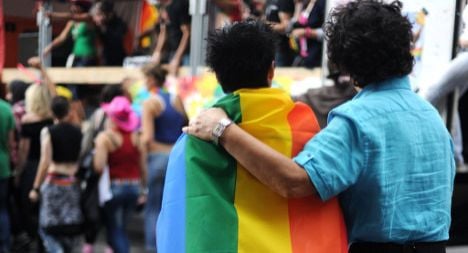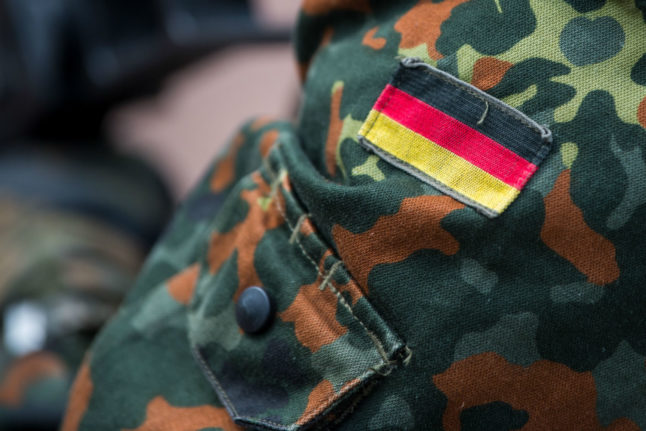The study, commissioned by the online dating service Parship.ch, shows that sexual orientation has little bearing on what people look for in a relationship.
Similarly, couples’ expectations and wishes, such as being able to count on a loyal and honest partner, are almost identical in homosexual and heterosexual relationships, the study said.
According to psychology professor Udo Rauchfleisch, who discussed the findings at a news conference in Zurich, this shows that “homosexuals and heterosexuals largely have identical ideas when it comes to relationships. It is therefore hoped that the study will help overcome prevailing prejudices against gays and lesbians,” he said.
Rauchfleisch also noted that same-sex couples often profess a strong desire to have children, with about one third of the gays and lesbians surveyed wanting to have children within their relationship.
Twenty years ago, said Rauchfleisch, homosexuality was inextricably linked with the idea of a life without children.
One difference uncovered by the study is that heterosexuals tend to remain single between relationships for longer periods than homosexuals.
Also, same-sex relationships are shorter on average than those between heterosexuals.
When it comes to meeting new people, the study found that internet is the venue of choice for same-sex encounters, while circles of friends remain the most popular option for heterosexuals.
The study was based on survey responses from more than 500 Swiss users between 14 and 69 years of age, who took part in the survey between May and July.



 Please whitelist us to continue reading.
Please whitelist us to continue reading.
Member comments